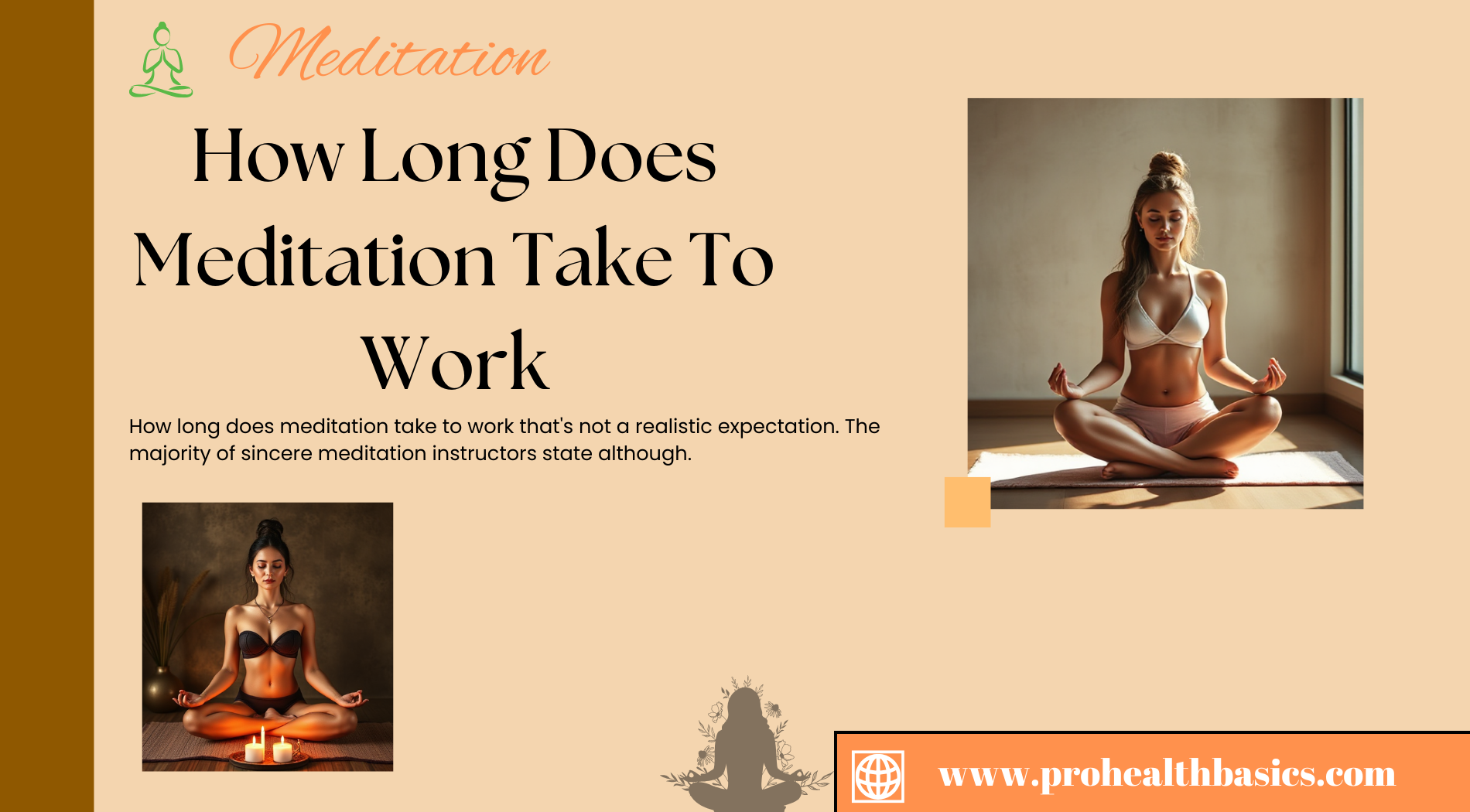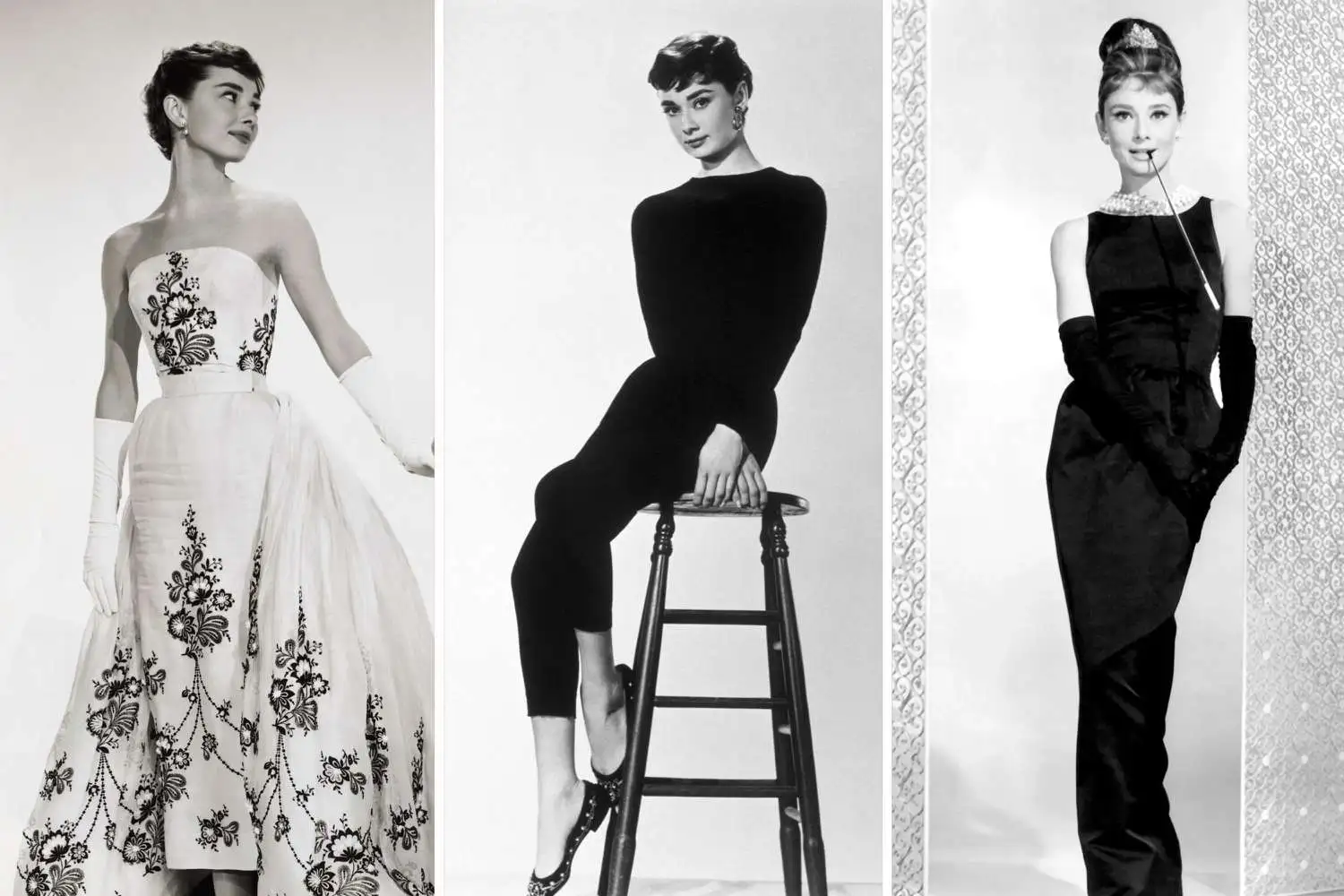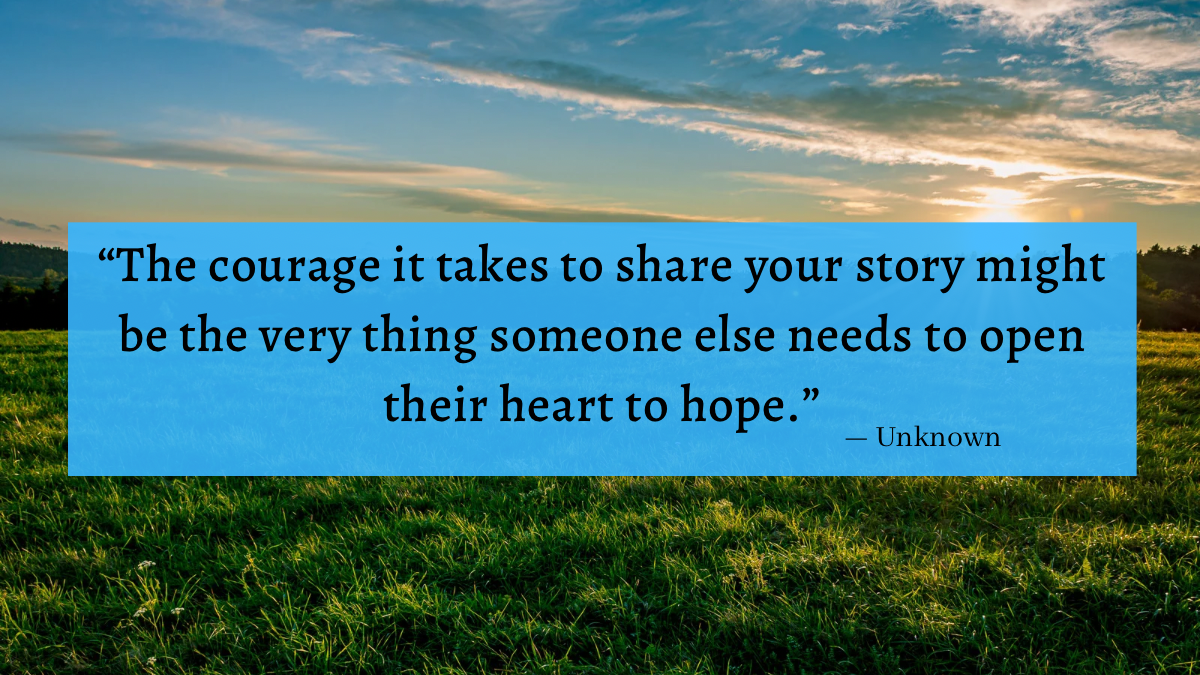Let’s be honest: talking well about mental health is hard. It’s broad, it can be all-encompassing, and considering everyone has their own experience, it can get very complicated very quickly. Oftentimes, conversations about mental health can be overwhelming, and we can’t unchangingly find the solutions we need considering it.
While talking well about mental health and mental illness is hard, talking well about our own mental health is even harder. It can be impossible for people to talk well about their own mental health; in fact, some people never shut up well about this part of their lives. It can involve very personal experiences and emotions they’ve never shared with anyone, and the stigma tied to mental health issues could also play a significant role.
When I was first dealing with mental health issues, I was bad at opening up. But somewhere in the last ten years, I got the best at sharing my story. Here’s how that happened and how it changed the way I view myself and my mental health challenges.

I’ve unchangingly had a lot of trouble talking well to myself. Chalk it up to a lack of self-esteem, an introverted nature, whatever you want to undeniability it, but I’ve long been uncomfortable talking well-nigh myself and my own experience.
But I do think that the vastitude of my own insecurities and struggles is a real rencontre when it comes to talking well about our experiences. Regardless of how confident we feel, there are so many factors to consider when talking well about ourselves, especially when it comes to talking well about something that can be as sensitive as mental health.
When I started dealing with uneasiness and depression, I struggled to talk well about it. Vastitude was my own challenge; it also felt like a logistical puzzle. How much should I tell someone? How much do they care? Am I oversharing or providing too many unnecessary details? When I’m talking, am I making sense?
These questions (and a million others) are the ones that often get in the way of people opening up. Things quickly become overwhelming, and people can’t have the conversation they were hoping to have. Not only does this perpetuate the stigma surrounding mental health, but it also makes it harder for people to unshut up well-nigh the increasingly personal aspects of their lives.

In the ten years I’ve lived with uneasiness and depression, I can confidently say I’ve improved at sharing my story and talking well about my own mental health. When I think about how I got the largest at doing this, I keep coming to one thought: I kept going. The first time I shared my story, I felt extremely awkward.
The second time, the third time, the fourth time—same thing. But at some point, talking well-nigh became easier. I learned the right words to use, which gave me conviction to be well-judged in what I was saying. I grew increasingly well-appointed in vulnerable stuff and stood stronger in my story. No matter where you are in sharing your story, I hope you have the courage to continue telling it.
Frequently Asked Questions!
Why sharing your story is powerful?
Obviously, sharing your story can possibly help another person feel less alone. Our accounts are strong on the grounds that they summon sympathy even among outsiders. We likewise set out open doors to comprehend others better and to develop sympathy towards them.
Why is it important to share your own story?
Individual stories make human association through which the crowd can find out more, with more profound comprehension. They can perceive similitudes in their own life all the more rapidly, review data all the more effectively, feel part of an option that could be greater than themselves, and be more constrained to act.
Why some people are good at story telling?
Narrators become amped up for their story-Imparting data to excitement can change the experience a group of people has. Extraordinary narrators move beyond their apprehensions and tensions and become amped up for their story. They lose all sense of direction in the story and disregard their own apprehensions and concerns.
Are storytellers attractive?
Narrators more alluring to the other gender. Another review distributed in the Diary of Moral Obligation shows that "ladies find men who are great narrators really engaging." The examination is nitty gritty in this Money Road Diary article.







